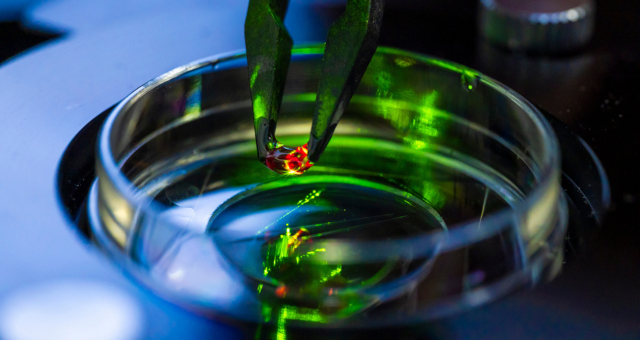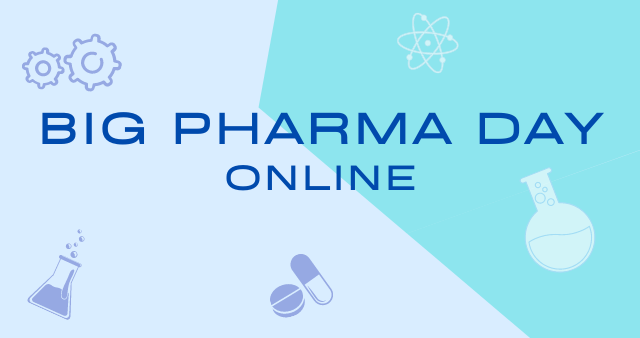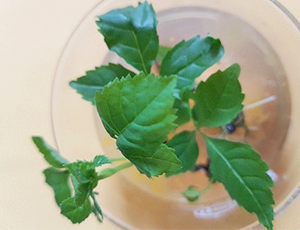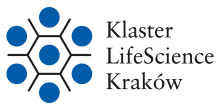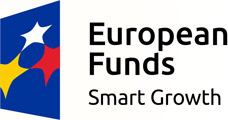The subject of the offer is group of block copolymers – synthetic materials acting as heparin neutralization agents. The copolymers are safe and effective alternatives for protamine – currently used medicine.
Heparin is natural polysaccharide, which exhibits potent activity for blood clotting inhibition. This drug is used when quick anticoagulant effect is required, e.g. during surgical procedures, and especially to prevent blood clotting in devices for extracorporeal therapy, like dialysers and cardiopulmonary bypasses.
The use of heparin carries a risk of serious side-effects, among which the most frequent are: bleedings, thrombocytopenia and for long treatments – osteoporosis. Currently a few methods are used for heparin removal or neutralization:
- administration of protamine, a small protein derived from Salmonidae fish,
- administration of poly-L-lysine, which enhances the effect of protamine,
- enzymatic degradation by immobilized heparinase.
However, these methods can also produce side effects. For example, protamine can cause adverse reactions in as many as 10% of patients. Such reactions can have severe consequences, including fatal events. Furthermore, protamine-induced heparin neutralization is incomplete and followed by allergic reaction. Poly-L-lysine, on the other hand, is a relatively expensive polymer.
Due to adverse heparin reactions, low-molecular-weight heparins (LMWH) are more often employed. LMWH are safer and have longer time of activity in the patient system. However, there is still no effective method for LMWH neutralization, and when overdosed stabilization of patient blood coagulation may be hampered.
The subject of the invention – block copolymers
Presented materials belong to wide group of synthetic polymers. Their main advantages are:
- biocompatibility due to specific composition – the copolymers consist of:
- chemical group, which is also present in lecithin molecule (lecithin is the main component of cell membrane),
- chemical group used for masking other molecules, what prevents immune system activation.
- ability to neutralize LMWH,
- more advanced research influencing better understanding of the invention compared to natural polymers (e.g. chitosan, hydroxypropyl cellulose, dextran),
- high purity, well-determined molecular mass and low polydispersity of molecular mass,possibility of synthesis by various polymerization techniques,
- synthesis reproducibility,
- availability independent from natural factors (e.g. shrinking shoals, pollution of fishing grounds),
- elimination of expensive purification step,
- safety of administration.
In vitro and in vivo tests proved that the copolymers are as effective as protamine and they normalise heparin anticoagulation activity in blood. Moreover they do not induce adverse reactions, such as allergic response and hypotension.
Block copolymers for neutralization of heparin anticoagulant activity in blood and body fluids are the subject of patent application and the invention is still developed by the scientists from Faculty of Chemistry, JagiellonianUniversity.
Currently the Centre for Technology Transfer CITTRU is looking for entities interested in commercial application of described solution. CTT CITTRU is looking for the business partners interested in licensing and/or in joint research and development projects involving the invention.



